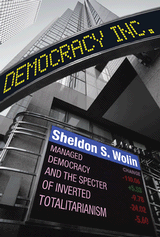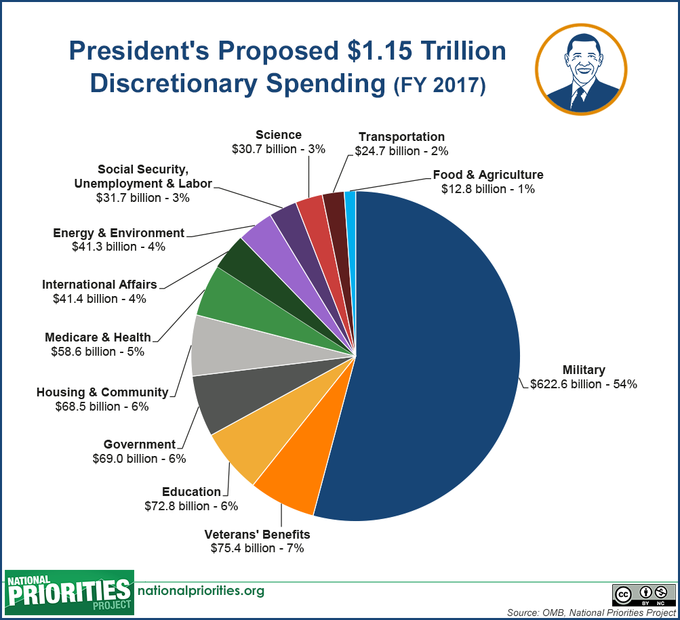It’s been more than a month since I finished reading two
very insightful books, Sheldon Wolin’s Democracy Incorporated (2008) and John Ralston Saul’s The Collapse of Globalism. I have been wanting to write about them but have
felt mentally paralyzed by fear that I could not possibly provide an adequate
synopsis of their depth of analysis of forces propelling us collectively
forward towards some likely abyss. Even that sentence is misleading. While they
each do indeed find much of concern in their analysis of our human trajectory,
they are not without some hope. To write at such depth about our shared
experience must require a deep emotional commitment to a better future.
I was drawn to each of these works by a similar driver –
I just kept seeing reference to these titles and these authors in multiple other
reads. At some unremembered tipping point and a visit to the library I pulled
them off the shelves and brought them home to peruse.

Wolin, who passed away
last fall at 93, was a Harvard educated political theorist. The subtitle of
this book, which was awarded the Lannan Notable Book Award, Managed Democracy and the Specter of Inverted Totalitarianism
describes the thrust well – that the concentration of real power in our
democracy has been captured by the
elites.
Unlike the Nazi’s, who made
life uncertain for the wealthy and privileged while providing social programs
for the working class and poor, inverted totalitarianism exploits the poor,
reducing or weakening health programs and social services, regimenting mass
education for an insecure workforce threatened by the importation off low wage
workers.
…Employment in a high-tech,
volatile, and globalized economy is normally as precarious as during an
old-fashioned depression. The result is that citizenship, or what remains of
it, is practiced amidst a continuing state of worry. Hobbes had it right: when
citizens are insecure and at the same time driven by competitive aspirations,
they yearn for political stability rather than civic engagement, protection
rather than political involvement.
Inverted totalitarianism, Wolin said in an interview with
journalist/author Chris Hedges in 2014, constantly “projects power upwards”. It
is designed to create instability to keep a citizenry off balance and passive.
Despite the strong critique, Wolin is a believer in the possibility of a true
democracy.
Although it would be naïve to suggest that
democracy eliminates lying, arguably its politics tends to encourage
authenticity. A smaller political context is more congenial to nurturing
democratic values, such as popular participation, public discussion, and
accountability through close scrutiny of officeholders. A smaller scale brings
with it modest stakes and a consequent scaling down of power, of expectations,
and of ambitions. Precisely because public discussion, debate, and deliberation
are fundamental to democracy, deliberate misrepresentation is more easily
exposed.
Democratic deliberations deepen the
political experience of citizens, but they are time consuming; time is needed
for the expression of diverse viewpoints, extended questioning, and considered
judgments. When the pace of life is slower, there is “plenty of time” and a
greater possibility of considered judgments and the likelihood of durability,
of more lasting decisions, of a public memory.
It is no wonder that Democracy Incorporated received the Lannan Notable Book Award for 2008.

John Ralston Saul’s name kept popping up in places I was
reading. The
Collapse of Globalism: and the Reinvention of the World (2009 edition) is
a relatively recent work from one of Canada’s leading public intellectuals. At home in both the journalism, fiction, and
philosophical worlds, Saul, who also serves as president of PEN International an
organization of writers defending free expression, offers a penetrating analysis which coupled with his penchant for
expressive prose equals an inspiring experience. So much so, that I
have now read two of his novels, other essays, and viewed several lectures and interviews from recent years. One
might for example take the opportunity to listen to one of these talks1 or talk2.
As a review in The Guardian notes,
There have been countless books describing the rise of globalisation,
but its decline, though hardly new, is much less familiar territory. This is
the nub of John Ralston Saul's book. He dates the rise of globalisation from
1971 and argues that its central tenet is that "civilisation should be seen
through economics, and economics alone". He depicts the rise of the
ideology of free trade from the mid-19th century as a similarly
mono-dimensional and economically fundamentalist phenomenon. There is much to
commend his exposition of globalisation, or rather the ideology of
globalisation, which he terms "globalism": it is informative,
engaging and, above all, bitingly critical.
There are insights on
nearly every page. Here’s an example. In addressing the corporate drive for
privatization of public service and their penchant for getting bigger and
bigger Saul suggests,
The challenge, therefore, is to develop a corporate growth strategy that
has little to do with growth in the economy outside the corporation. Part of
the solution has been to funnel this wealth into mergers and acquisitions,
which permit corporations to become ever larger, but to no economic purpose.
This process has been explained with particular originality by Jonathan Nitzan
and Shimshon Bichler: “In the late nineteenth century, there was less than one
cent’s worth of mergers and acquisitions for every dollar of ‘real’ investment.
Fast forward another hundred years and for every one dollar of ‘real’
investment there were over two dollars put into mergers.” The outcome, Nitzan
and Bichler argue, permits the ever larger corporation to do four things at
once: avoid creating new capacity, which would drive prices down; gain more
control over the market by reducing competition; reinforce earnings, again by
reducing competition; and reduce risk by narrowing markets and competition.
This in turns gives them greater influence, indeed power, inside the
nation-state structures, which again in turn gives them a greater influence
over the designing of public regulations to protect their position by reducing
competition.
These two enlightened minds offer a collective critique that, with the possible exception
of Sanders, is an anathema to other candidates for the presidency or even any
candidates for Congress from the two major parties. Regardless of who makes it
into office in January, the powers that be will be using all of their largess
to make sure we don’t consider what Wolin and Saul have made clear. Despite, the
overwhelming imbalance of power between the elite and the citizens, these
critics believe we could collectively confront that power and change the rigged
rules. If we don’t, inverted totalitarianism will continue to gain more control
over our lives.







